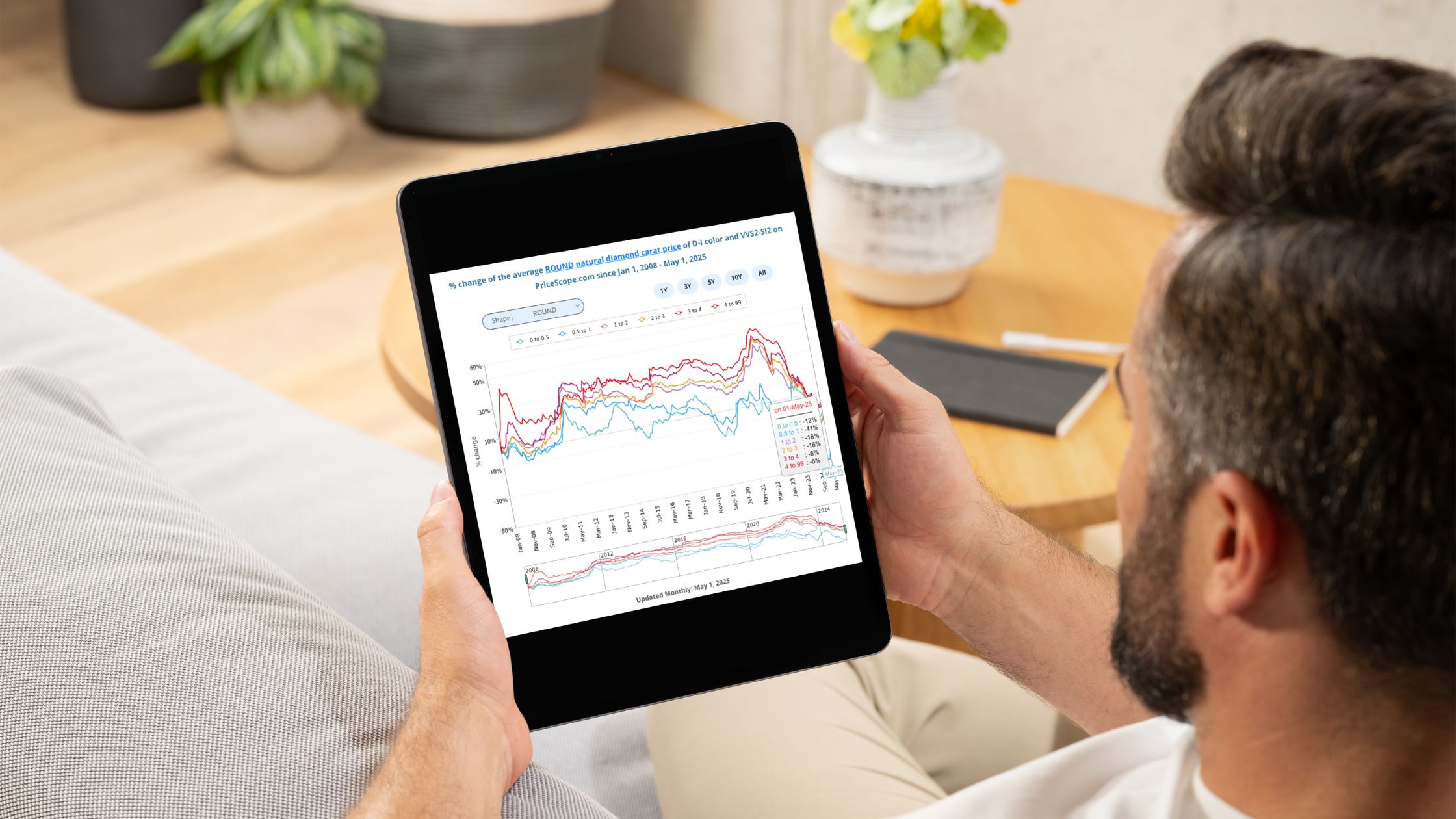Hi Everyone!
What is the procedure like for a ring appraisal? I bought a new setting at a jewelry store, and diamond online that's set in a solitaire setting. The jewelry store who sold me the setting will do the actually setting of the diamond. I asked them if they can appraise the ring for me with the new setting, and the lady said as long as you have the GIA certificate for it.
That brings me to the question, do they always need the certificate to appraise? Doesn't it defeat the purpose, since the certificate outlines all the specs for the diamond, and how do you know if you are getting what the certificate says? Also, if it is already setted, how can I do all the measurements of the diamond? I would think the setting would hinder a very good appraisal of the diamond, especially how would they see all the inclusions under the prong? I bought a very good diamond VVS1 color E, ideal cut and want to know that i have a diamond that the certificate says it is.
What was your experience like? Can they do a blind appraisal? Do they dismount the stone and then appraise? Thanks!
What is the procedure like for a ring appraisal? I bought a new setting at a jewelry store, and diamond online that's set in a solitaire setting. The jewelry store who sold me the setting will do the actually setting of the diamond. I asked them if they can appraise the ring for me with the new setting, and the lady said as long as you have the GIA certificate for it.
That brings me to the question, do they always need the certificate to appraise? Doesn't it defeat the purpose, since the certificate outlines all the specs for the diamond, and how do you know if you are getting what the certificate says? Also, if it is already setted, how can I do all the measurements of the diamond? I would think the setting would hinder a very good appraisal of the diamond, especially how would they see all the inclusions under the prong? I bought a very good diamond VVS1 color E, ideal cut and want to know that i have a diamond that the certificate says it is.
What was your experience like? Can they do a blind appraisal? Do they dismount the stone and then appraise? Thanks!



300x240.png)